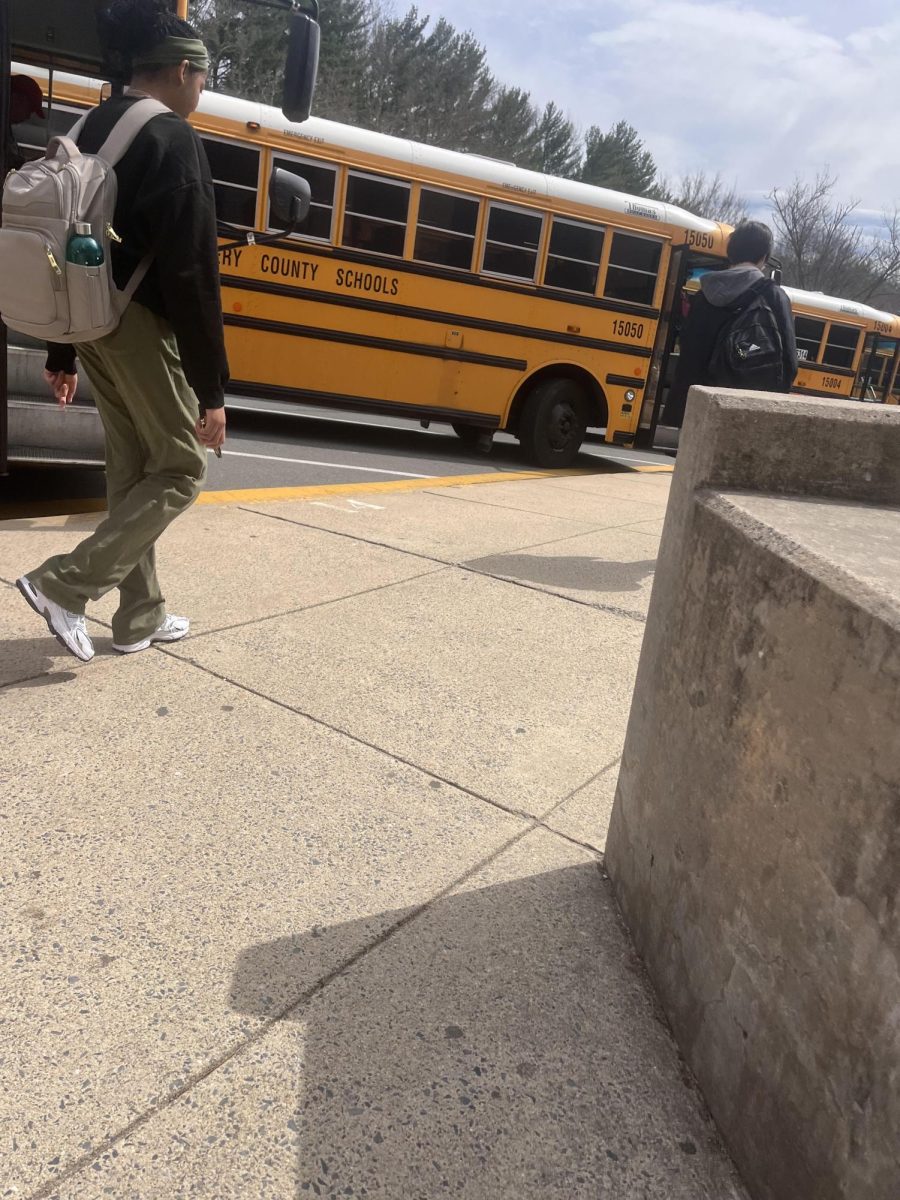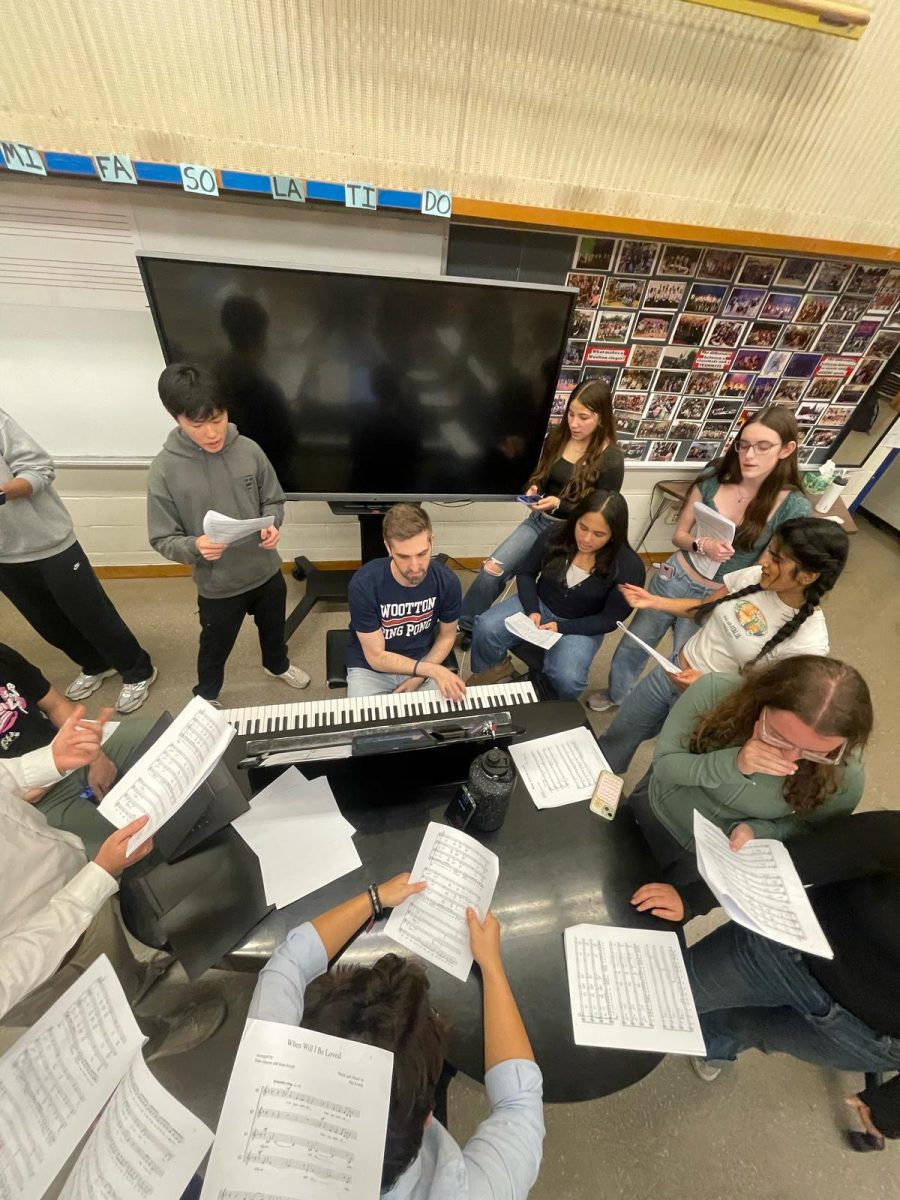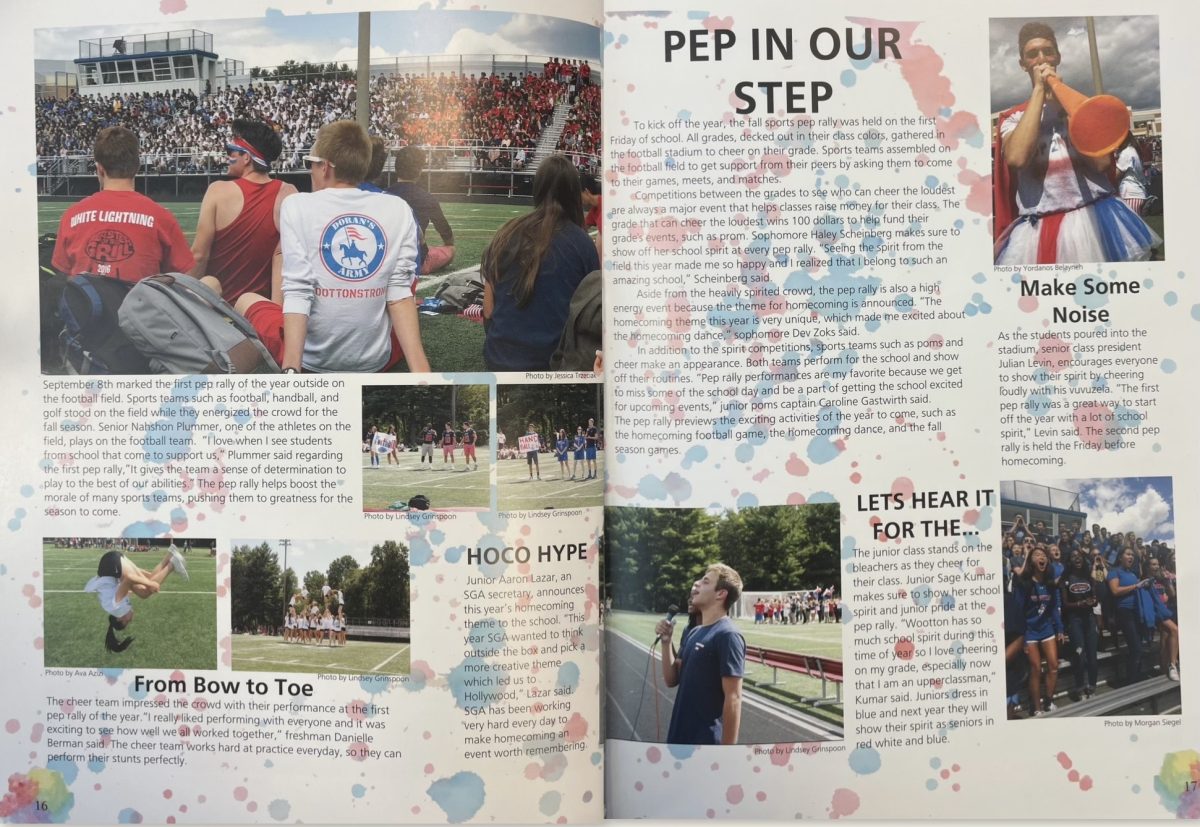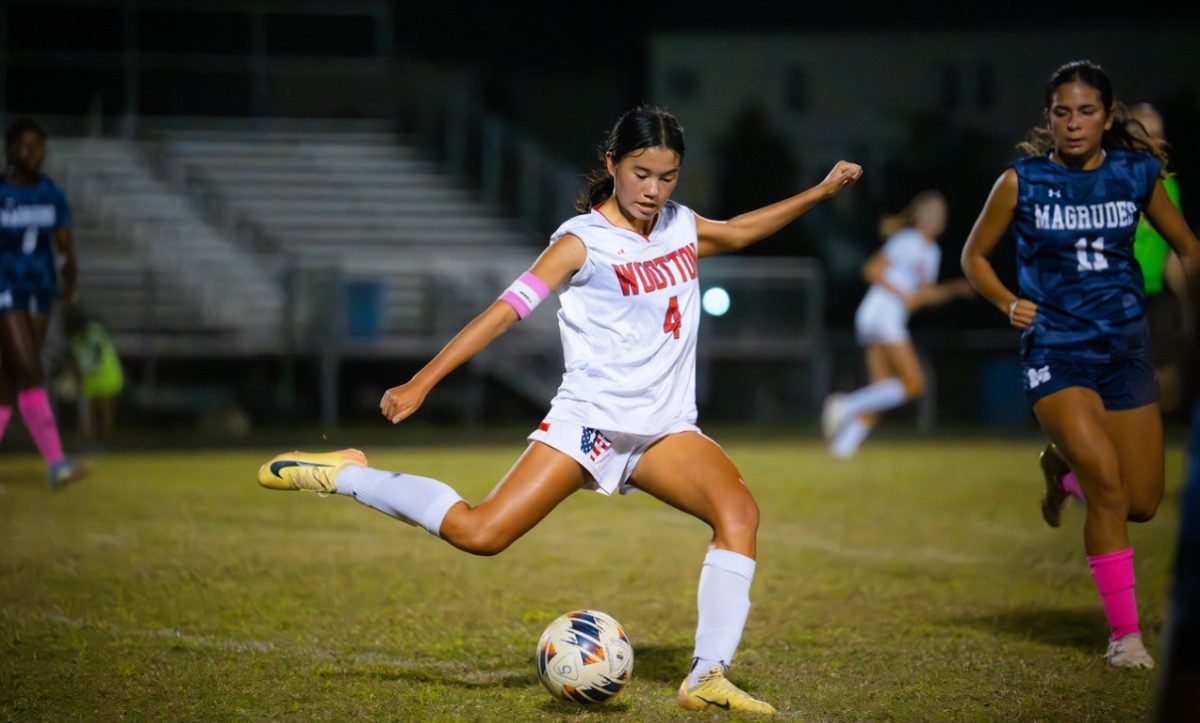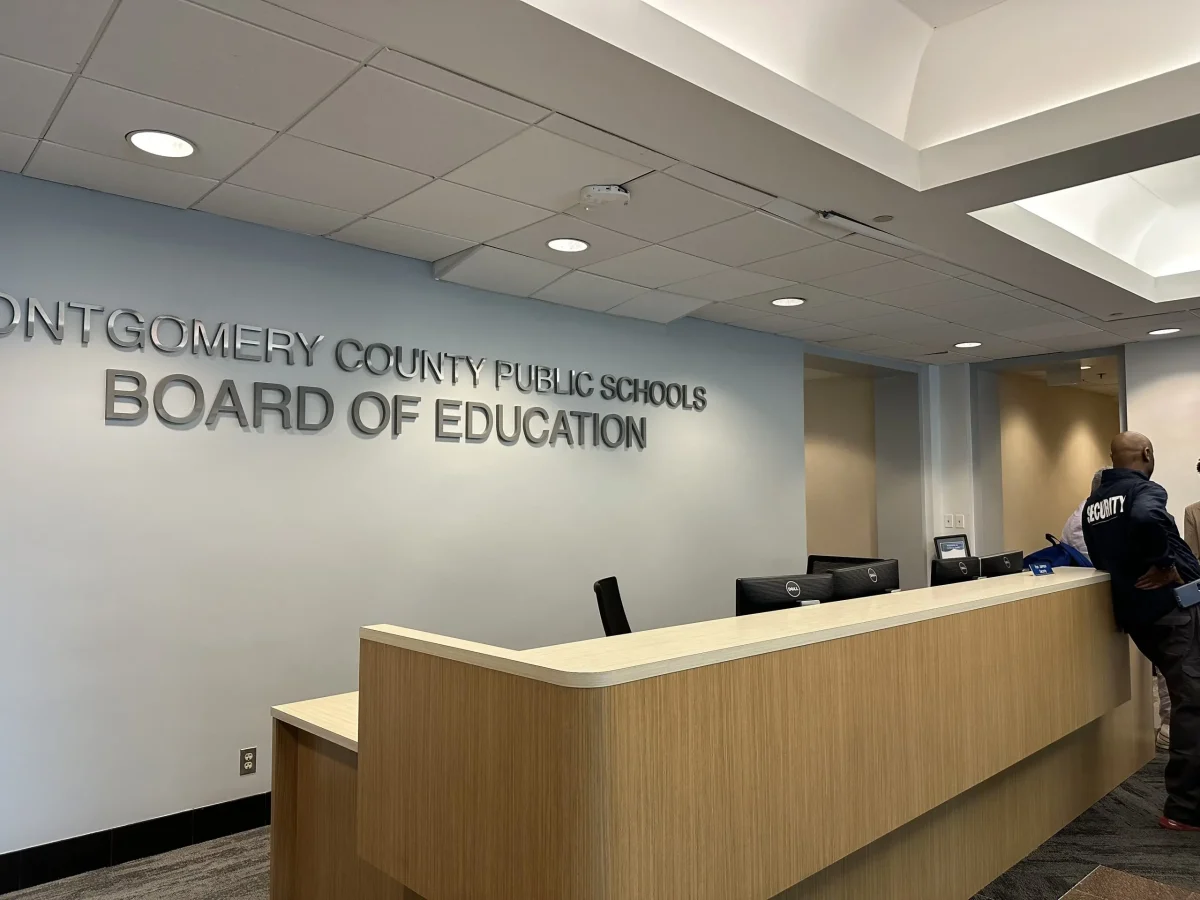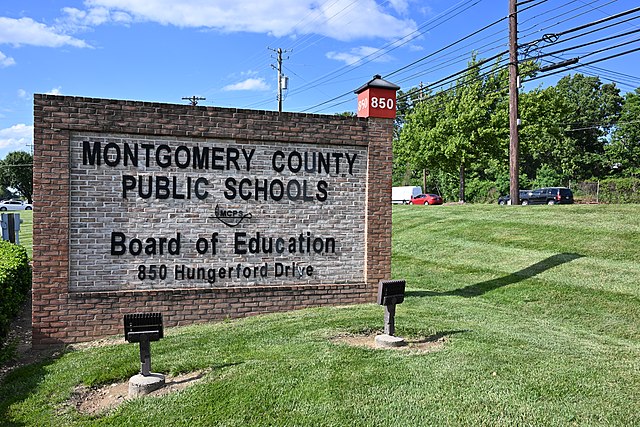High school students often struggle to sit in a classroom and listen to lectures all day long. It is no secret that they get bored of doing the same thing every day, sitting in a classroom for six hours straight.
Hands-on-learning is one teaching method that has proven successful, according to Bay Atlantic University. While lectures may seem factual and effective, students can get easily distracted and lose focus, especially with seven classes a day. Incorporating field trips will not only excite students but also allows for interactive learning, which helps students absorb lessons and interact with the world around them.
The school offers two to three field trips throughout the year according to financial specialist Julia Walsh. That is a small number, considering how many classes are offered here.
Due to the lack of field trips during high school, students do not get to experience real-world examples and opportunities. Students can learn from different places, not just a classroom. “I think having the opportunity to go and experiment with learning can help with the context of things. I worked at a school that had a gifted and talented program that pulled kids all over the county and took them on field trips, but you know, average students, but also ones that struggled to learn, didn’t have as many opportunities, and felt like a misuse of resources. So you’re going to meet the needs of some kids, but you’re not going to meet everyone’s needs, so as many opportunities to meet as many students’ needs, the better,” biology teacher David Bitler said.
Ultimately, teachers decide if students should go on field trips, as they have to do the planning and complete the paperwork. Teachers may think that if they plan field trips students will not want to go. “I think a lack of participation from the students has definitely lowered the number of field trips. If students want to go on field trips, they need to let their teachers know and give them some ideas because really as MCPS goes, field trips are curriculum based and so maybe send out a survey and get a perspective of why they don’t do them,” Walsh said.
In past years there have been more field trips. One reason may be that teachers are already busy with everything else they have to do. “As a teacher I feel very bound to the county curriculum that there is so much to get through and I have to balance so a field trip would not be ideal time management as I have so much work to teach already,” Bitler said.
Students say they believe that by having more field trips, they would be able to learn better. “I think we should have more field trips because it is a more interesting way for students to learn and keeps us engaged rather than sitting in a classroom all day. It benefits me to have more real-world examples than just reading about someone who had an experience,” sophomore Dylan Neustadt said.
Ultimately, field trips are not used as much as they should be.


